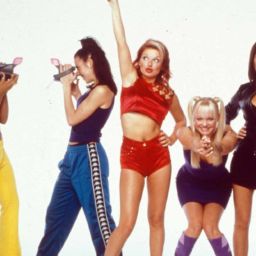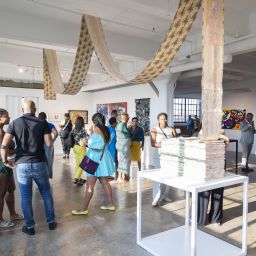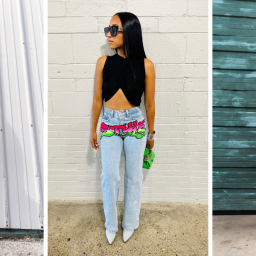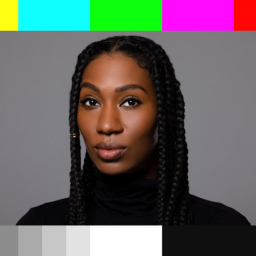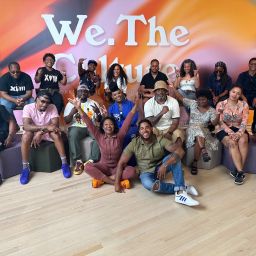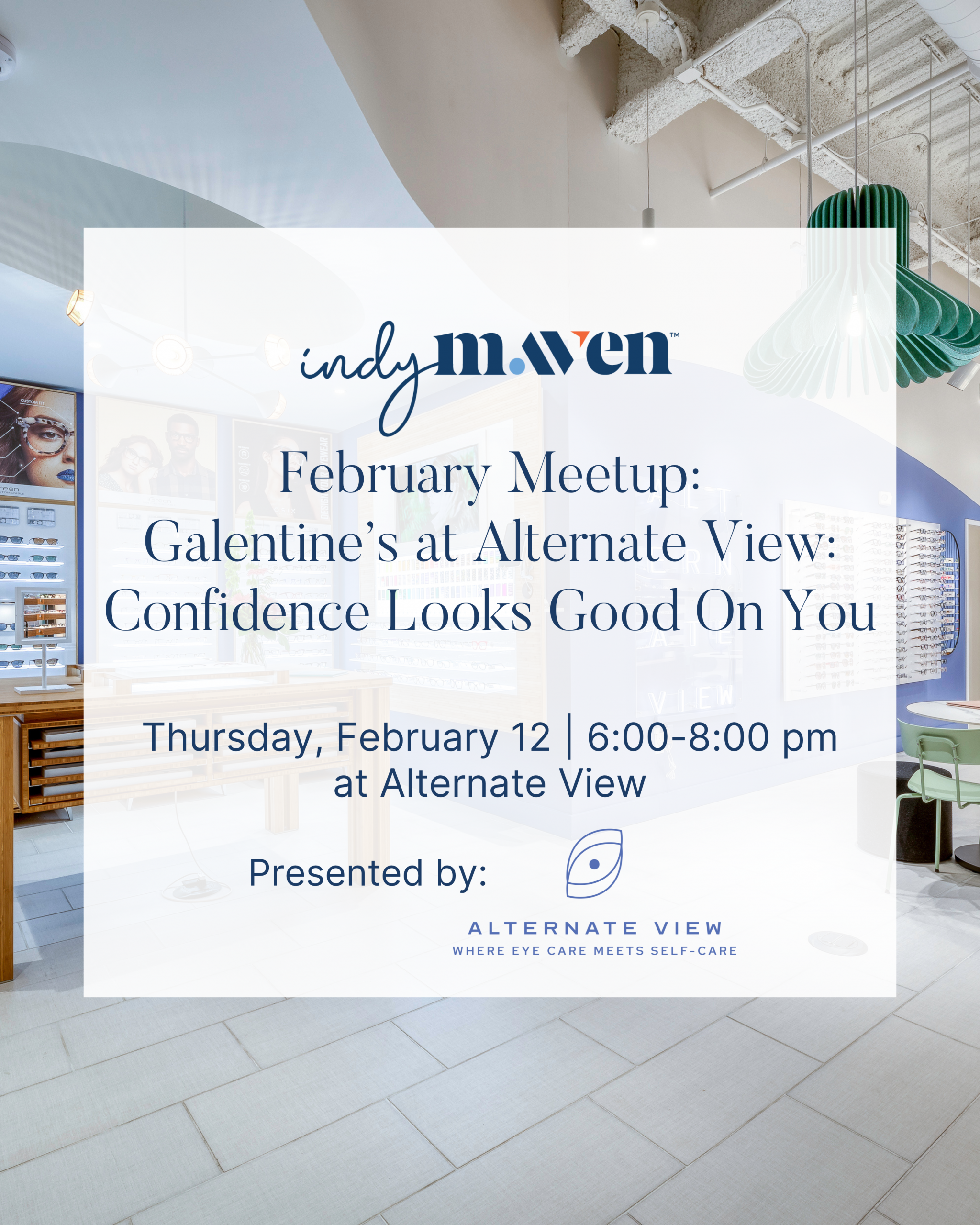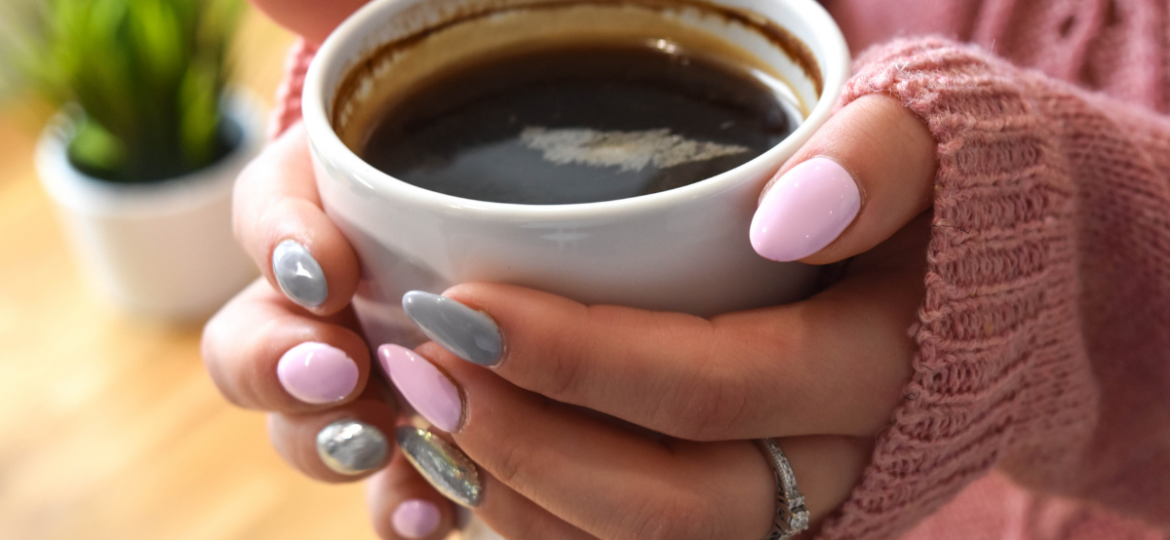
This post was created as part of an Indy Maven newsletter Guest Editor issue with Malina Bacon of GANGGANG.
I was just over 40 years old, outside Starbucks on the north side of Indianapolis, grabbing an iced latte before Monday’s first meeting when it happened. I was called—screamed at, actually—“N****R!!”
It wasn’t even 9 a.m. It was disappointing, to say the least. But it was also shocking, not that it happened but how hostile it felt.
That was the first time I was called that word by an adult, as an adult. It was the day after Kamala Harris’ announcement she was running as the 47th presidential nominee. The guy who yelled was so angry at me, this stranger. I tried to process the varied thoughts quickly. Questions like, “What just happened? Is this because of yesterday? What is about to happen? People had to deal with this when it was LEGAL?”
The tension that day felt like it did in 2020. This time, four years ago, was the most shocking, dangerous, and traumatic shared experience we’ve all encountered. For everyone alive, 2020 was a mass, unsolicited, and unwelcome collaboration for our very survival. We were scared for our lives because of COVID-19, and all news, in-office, online, and at the grocery store, focused on “social unrest.” For a long while, everything we were talking about and going to do for the foreseeable future as a society was to make cities equitable. And now?
Is this the rubber band effect?
One of the ways we tried to get consciousness and funding to stick around in/after 2020 was to create GANGGANG, which my husband Alan and I launched that November. We with strong supporters set out to make beauty, culture, and equity central to the performance of cities, by activating the creative economy. We knew artists were the only ones that could possibly inspire cities again, which would require significant truth-telling and major changes in infrastructure.
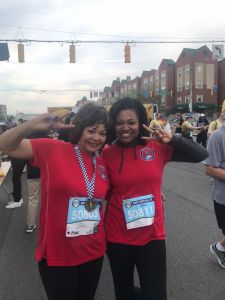 There was much flair and funding that existed for a moment. Now, in 2024, there’s an obvious yet quiet realization that nothing will matter if we don’t end the practice of white power and that it’s maybe something the U.S. doesn’t wholly want to give up.
There was much flair and funding that existed for a moment. Now, in 2024, there’s an obvious yet quiet realization that nothing will matter if we don’t end the practice of white power and that it’s maybe something the U.S. doesn’t wholly want to give up.
Lately, my career has been acknowledging power as the center of our cities and behaviors and offering love as an alternative. It’s been working well. GANGGANG has invested more than $4M into the arts industry, making Indy a national cultural leisure destination. We’ve created new, full-time roles in the arts—jobs that didn’t exist before in the Indiana market. GANGGANG has edited how philanthropy happens and generated a new narrative for the arts in central Indiana. It has influenced thinking, economic development, talent retention, real estate behaviors and sparked a cultural renaissance in Indianapolis.
GANGGANG is responsible for BUTTER Fine Art Fair and I Made Rock ‘N’ Roll—two visible efforts that directly invest into authorship and economic justice in the arts. We know what we’re doing so well that we’re able to have confidence at a time like this. And more than confidence, narration, which you can do best when you know history and can see the future.
History requires absorbing the fundamental truth that racial hierarchy was constructed for the U.S. to work, making everything that happens here truly about race. Creating race-based human enslavement was a grand strategy by people trying to improve their place, their cities, their nation—that made everything about race.
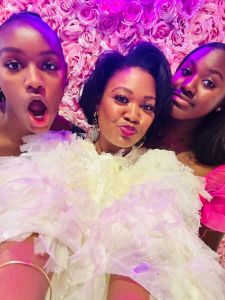 I founded GANGGANG four years ago, and America founded itself 250 years ago. When you look up the oldest countries in the world, we are not on the top 10 list, nor the top 25 list. We are a baby of a nation. We are at the end of the ‘founding fathers’ initial concept of how the country should be run. That means that the society they constructed very intricately, painfully and purposely, is still what we’re practicing and living within, right now. And what many are trying hard to hold onto.
I founded GANGGANG four years ago, and America founded itself 250 years ago. When you look up the oldest countries in the world, we are not on the top 10 list, nor the top 25 list. We are a baby of a nation. We are at the end of the ‘founding fathers’ initial concept of how the country should be run. That means that the society they constructed very intricately, painfully and purposely, is still what we’re practicing and living within, right now. And what many are trying hard to hold onto.
We are the country that upholds and teaches racism as a way of life. The world is thousands of years old, and not only have we come up with something as terrible as race-based hierarchy, but we recently formed a country to function by way of horrific abuse and the rebranding of a people. This is quite the dichotomy when considering the arts. The arts in America have become a world power tool by way of Black creativity.
In many ways, America’s commitment to racism requires denial of its artistic history and practices. It’s a refusal to acknowledge that which has sustained us—our food, song, dance, and literature. Racism refuses to acknowledge anything, really. Nothing matters to race but maintaining the system of hierarchy it upholds.
It didn’t matter to the yelling guy that I was mourning, or that I’m a Mom, that I was recently named one of the top 250 Most Influential Business Leaders in his state, or that BUTTER happens in less than 20 days. Gosh. A plan working only by way of diminishing others lacks the courage to do good.
“Indeed I tremble for my country when I reflect that God is just: that his justice cannot sleep for ever.” — Thomas Jefferson, Notes on the State of Virginia
Malina “Mali” Simone Bacon is the Founder and Creative Director of GANGGANG where she works to make the art industry an equitable and reparational space.
All of our content—including this article—is completely free. However, we’d love it if you would please consider supporting our journalism with an Indy Maven Membership.





